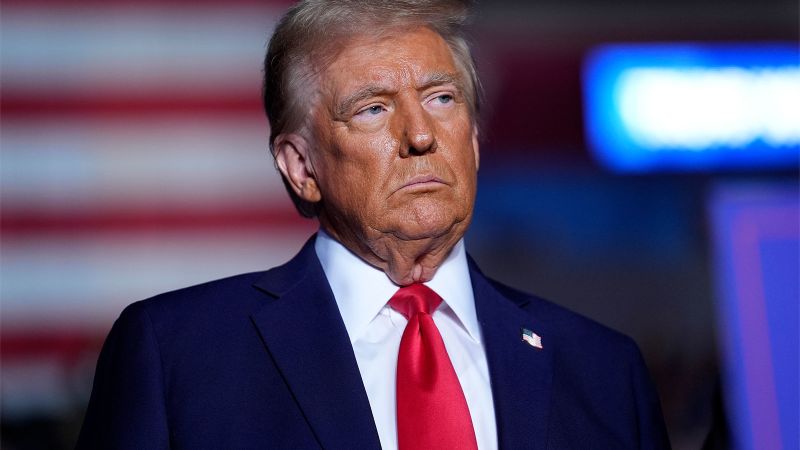

Strictly speaking, China has gone from encouraging Chinese to have as many children early on, when IIRC Mao felt that population density encouraged industrialization, then to restrictive birth policy under One Child for a long time, and then back to trying to get people to have kids in the mid-2010s as demographic concerns rose.
https://en.wikipedia.org/wiki/One-child_policy
It’s more that China is state-interventionist than that it has consistently favored few or many children.
I’d argue that banning abortion is probably state interventionist, more in line with the consistent thread of overall Chinese policy over the years.




It seems that it agreed with it, as I don’t see anything in the “corrective action” field.